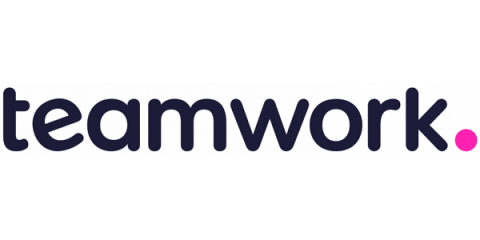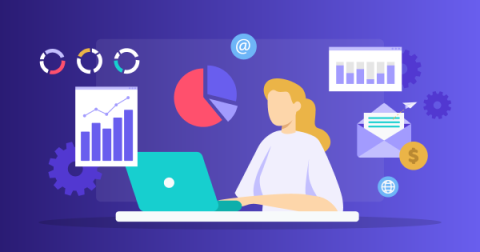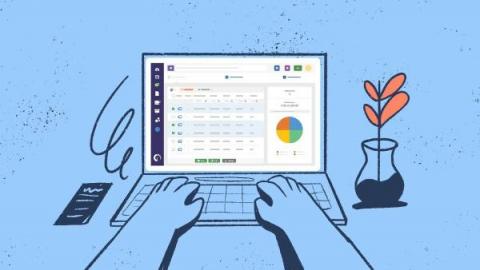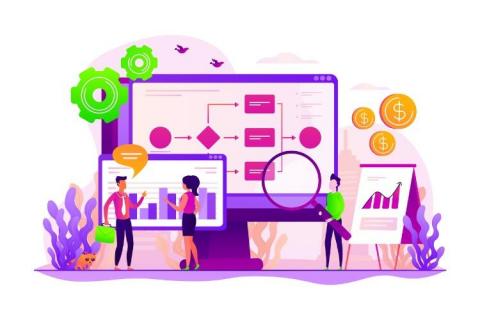Teams | Collaboration | Customer Service | Project Management
Latest News
10 business intelligence tools for small businesses
Think business intelligence (BI) is only for the big guys? Not anymore. In the past, business intelligence software was expensive and effectively limited to big businesses. Integrating it into existing systems (let alone running it) required more resources and IT infrastructure than the typical small to mid-sized professional service firms could muster.
Insightful Tools for Insightful Leaders: Enhancing Remote Work with Performance Analytics
Explore the benefits of performance analytics tools for remote work and learn how to become an insightful leader that knows how to monitor pc activity without being creepy. Discover the best options for managers and remote employees to optimize productivity and engagement.
How to increase productivity with workday analytics and insights
Increasing productivity improves cost efficiency. The more productive your people are, and the more repeatable the processes underpinning that productivity, the more costs stay under control while revenue rises. This is because ‘productivity’ is greater than the sum of its parts – those parts being broadly categorized into ‘people’ and ‘performance’.
Leveraging Advanced Analytics to Transform Insurance Customer Experience
Insurance industry is witnessing a significant transformation driven by advanced analytics. And with an increasing number of customers seeking personalized services and seamless experiences, insurers are under pressure to adapt. A recent study reveals that 68% of insurance customers expect their providers to offer tailored solutions, while 89% believe a smooth customer experience is crucial. Staying in sync with the transformation is a must for businesses in the insurance sector.
How InvGate Uses InvGate Insight
11 best call center analytics software to assess performance
Building a successful call center requires ongoing efforts to track agent performance, improve call times, and increase customer satisfaction. If you’ve tried monitoring these metrics with spreadsheets or other manual methods, you probably found them to be inefficient at best and inaccurate at worst. With call center analytics software, you can efficiently track the metrics that matter to your team.
HR Data Analytics: The Power to Revolutionize Performance Evaluation
The Human Resources (HR) department is the backbone of any company. The responsibilities of HR teams are not limited to managing employee data and ensuring compliance but also to look after the strategic decision-making process. Data analytics has made it possible for HR professionals to streamline their operations and improve the efficiency of HR processes.
3 Dashboard tips to track Google Analytics 4 (GA4) data
As you likely will have heard by now, Google's old Universal Analytics will finally stop processing data on July 1 2023, with the newer Google Analytics 4 (GA4) taking up the mantle. And although most businesses use Google Analytics, most businesses don’t have a dedicated analytics specialist.










